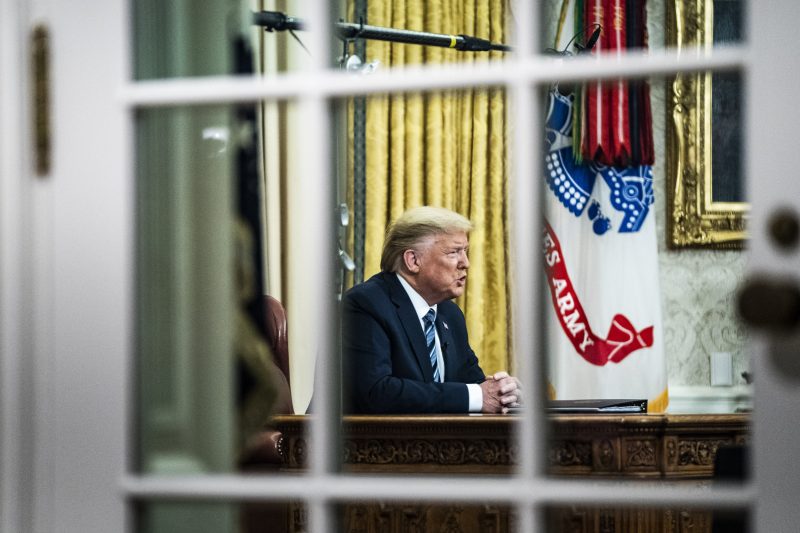In the hypothetical scenario outlined in this article, the concept of presidential immunity in the event of committing murder is a complex and contentious issue. The scenario posits a situation where a sitting President of the United States, armed with the extensive legal protection typically afforded to the office, commits a murder. This provocative situation brings into question the limits of presidential immunity and the balance of power between the executive branch and the legal system.
One of the key arguments in favor of presidential immunity in such a scenario is rooted in the principle of separation of powers. The idea here is that the President, who is the head of the executive branch, should be shielded from legal proceedings while in office to enable them to effectively carry out their duties without undue interference from the judicial branch. This argument holds that subjecting the President to criminal prosecution while in office would create a distraction and potentially interfere with the functioning of the government.
On the other hand, opponents of the notion of presidential immunity in cases of murder argue that no individual, regardless of their position or power, should be above the law. They contend that allowing a President to evade legal accountability for such a serious crime would undermine the principles of justice and equality before the law. Additionally, it is argued that the presidency should not serve as a shield for criminal behavior and that accountability should be upheld at all levels of government.
The hypothetical scenario also raises questions about the mechanisms for holding a sitting President accountable for criminal actions. While impeachment is the constitutional process for addressing misconduct by a President, the threshold for impeachable offenses may not necessarily include criminal acts committed outside of the President’s official duties. This loophole highlights the need for a comprehensive legal framework that clearly delineates the boundaries of presidential immunity and provides a mechanism for addressing serious criminal allegations against the President.
Ultimately, the debate over presidential immunity in the context of murder underscores the nuanced and often ambiguous nature of the relationship between the executive branch and the rule of law. While the principle of separation of powers and the need for effective governance support the concept of presidential immunity, the principles of justice, accountability, and the rule of law demand that no one, regardless of their position, is immune from the consequences of criminal actions. Striking a balance between these competing interests is a complex challenge that requires careful consideration of legal principles, ethical considerations, and the broader implications for the functioning of democracy.
